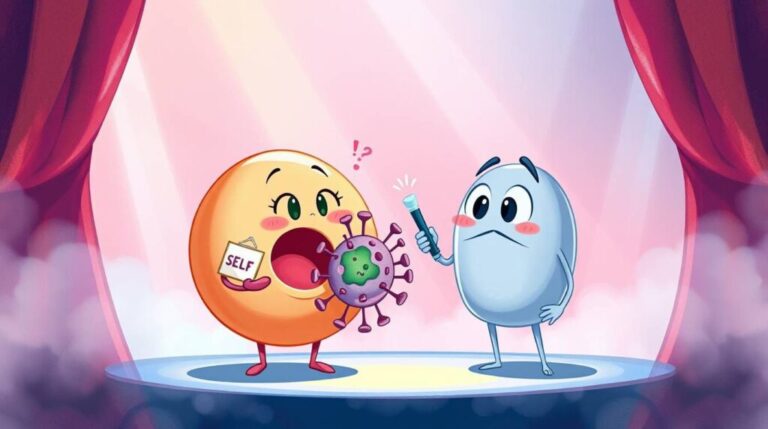What Is the Role of Catalysts 2025
What Is the Role of Catalysts 2025
Book-Style Explanation:
Catalysts are substances that speed up chemical reactions without themselves being consumed or permanently changed in the process. They work by providing an alternative reaction pathway with a lower activation energy, making it easier and faster for reactants to turn into products.
In a chemical reaction, energy is typically needed to break bonds between atoms. Catalysts help by stabilizing the transition state — the awkward halfway moment where bonds are in the process of breaking and forming — so the entire reaction doesn’t need as much push to get moving.
Catalysts are crucial in both natural and industrial processes. In living organisms, enzymes act as biological catalysts, making vital biochemical reactions happen quickly and efficiently. In industries, catalysts are used to produce fuels, fertilizers, medicines, and even to clean up harmful gases from car exhausts.
Without catalysts, many reactions would either happen too slowly to be useful or would require impractically high amounts of energy.
—
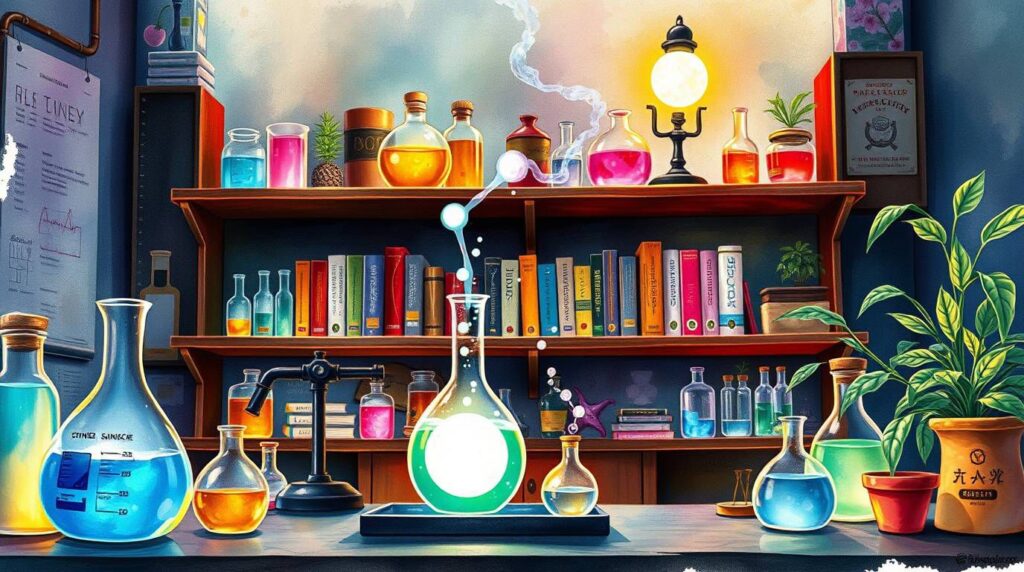
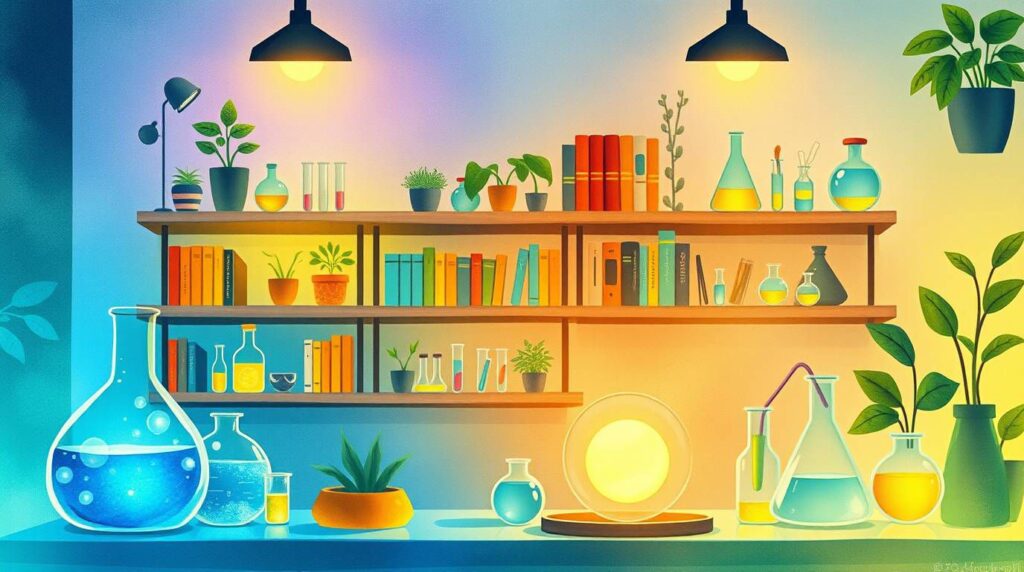
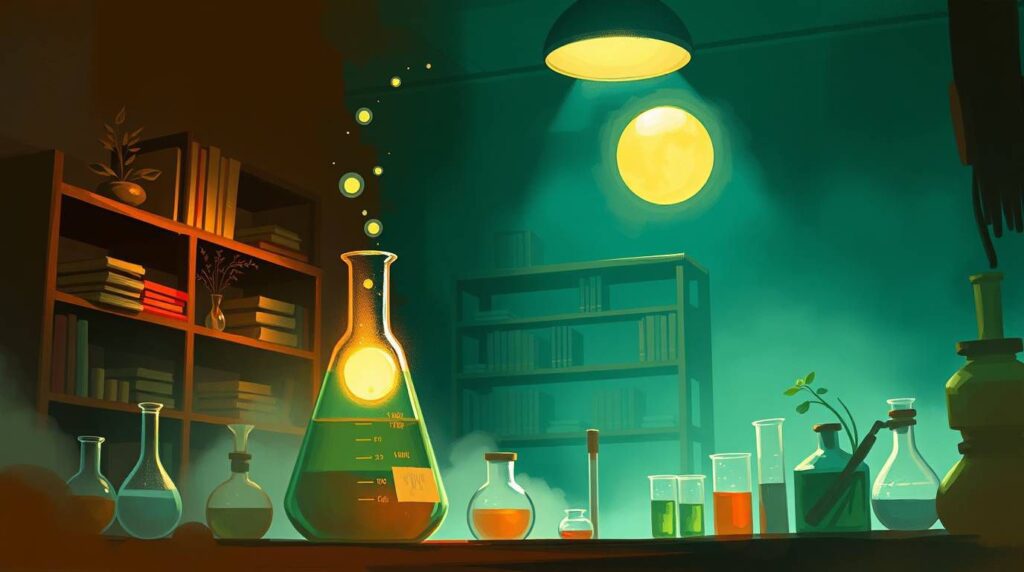
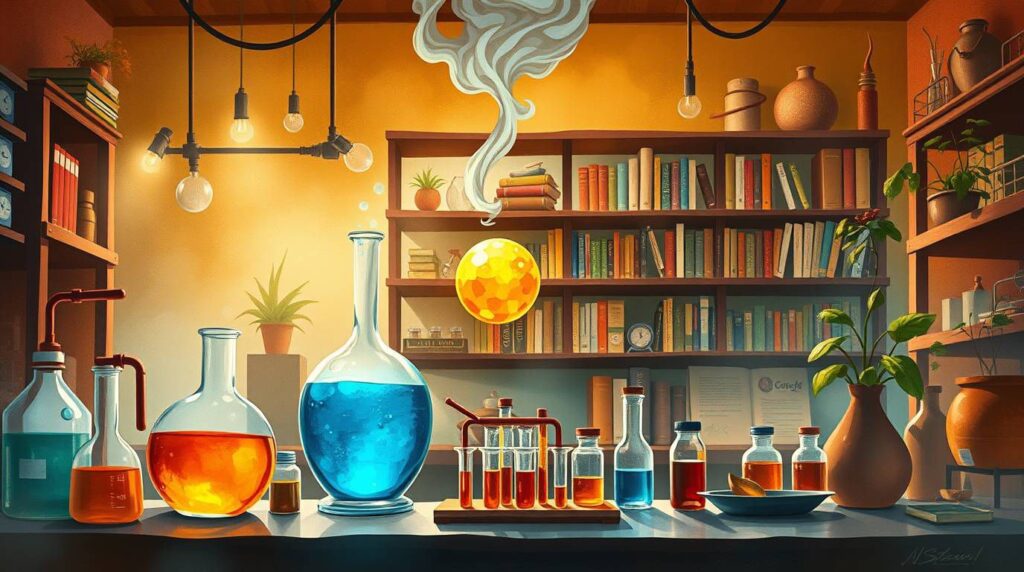
Real Talk: Easy + Relatable Breakdown
Alright, let’s put it in the realest way possible:
Imagine you’re trying to cook pasta. You’re starving, the water’s taking forever to boil, and you’re standing there questioning all your life choices.
Now, imagine someone hands you a magical kettle that makes the water boil in seconds without ever running out of magic. That’s basically what a catalyst is.
In a chemical reaction, everything usually needs a certain amount of “push” (energy) to start. It’s like trying to roll a boulder up a hill. Without help, it’s hard, slow, and exhausting.
A catalyst jumps in like a superhero and says, “Hey, let’s take this shortcut instead!” — it makes the hill way less steep so the boulder gets to the top much faster and with way less effort.
And the coolest part?
The catalyst doesn’t get used up.
It’s like that one friend who shows up, helps you move furniture, and somehow still leaves looking fresher than when they arrived.
In your body, enzymes (which are basically biological catalysts) make sure you don’t spend a million years digesting your breakfast. Without them, the tiny chemical reactions inside you would be too slow to keep you alive.
In the industrial world, catalysts help create everything from gasoline to medicines to the clean air you breathe.
So yeah — catalysts are the quiet MVPs of chemistry.
They don’t brag. They don’t get tired.
They just make things happen — faster, smarter, and smoother.
Next time you think something amazing “just happened” fast in science or nature… remember, there’s probably a catalyst flexing quietly in the background.
—
External Resource:
Want to dive deeper into how catalysts work?
Check the Wikipedia page:
Catalysis
https://en.wikipedia.org/wiki/Catalysis
—
Related Articles from EdgyThoughts.com:
What Happens During Chemical Reactions 2025
https://edgythoughts.com/what-happens-during-chemical-reactions-2025
How Do Enzymes Speed Up Reactions 2025
https://edgythoughts.com/how-do-enzymes-speed-up-reactions-2025
—
Disclaimer:
This breakdown is written in a simplified, casual, and relatable way so students can understand the concept more easily. If your teacher asked for a textbook-style answer and you use this casual version, and your marks suffer — we’re not responsible. We’re just here to make learning less painful and way more fun.
—
What if night lasted for an entire year?
https://edgythoughts.com/what-if-night-lasted-for-an-entire-year/
Is chronic absenteeism the next education crisis?
https://edgythoughts.com/is-chronic-absenteeism-the-next-education-crisis/

